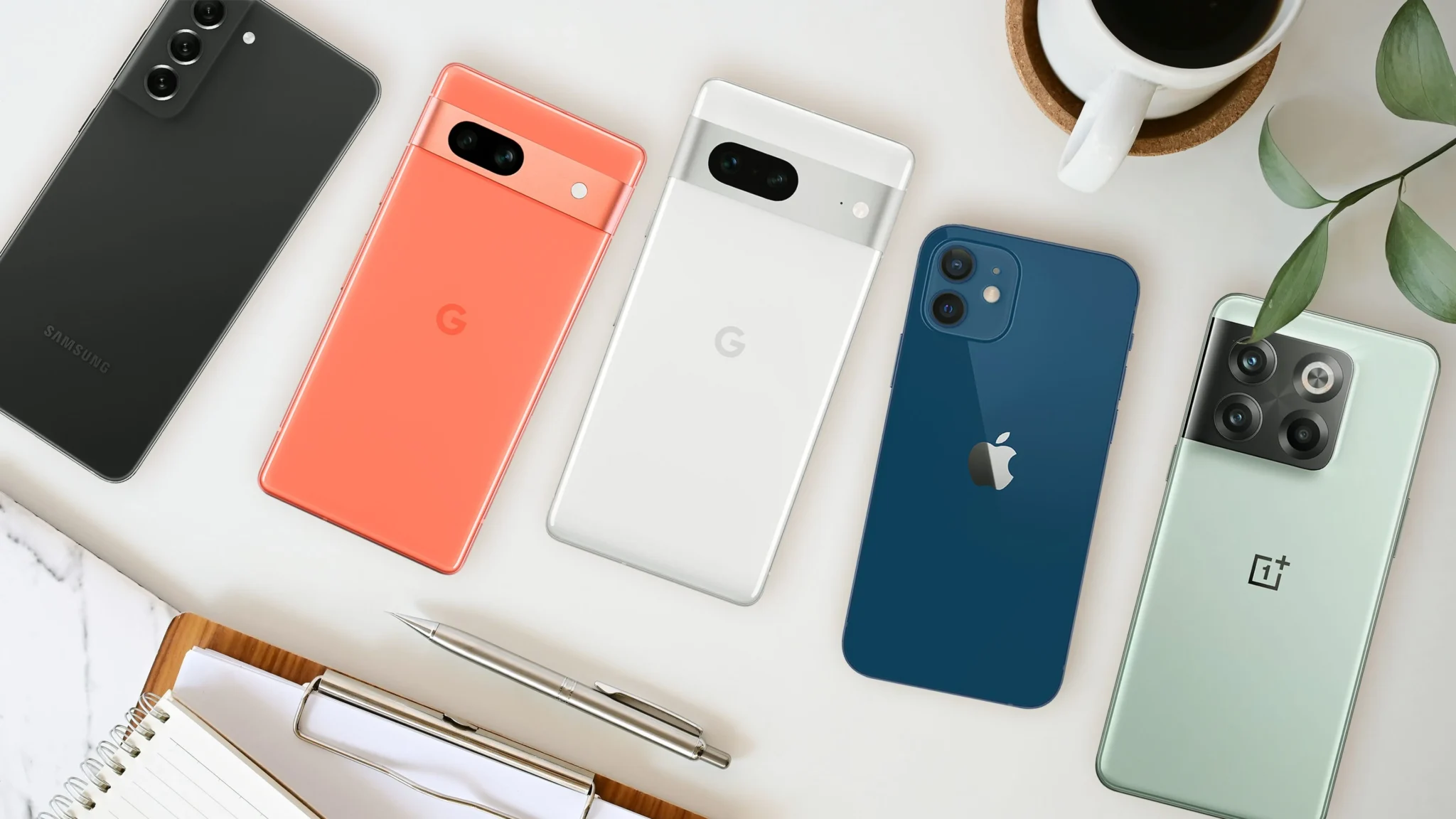What Are AI-Powered Smartphones?
AI-powered smartphones represent a new generation of mobile devices equipped with dedicated AI chips and intelligent processors. Unlike traditional phones that rely heavily on cloud-based computing, these smartphones perform advanced tasks directly on the device. The result? Faster responses, better personalization, and a seamless user experience.
These smart devices act like digital companions—learning from your behavior, adapting to your routines, and predicting your needs. Imagine a phone that evolves with you, becoming more helpful with every interaction. That’s the promise AI holds for the mobile industry: deeply personalized, intuitive experiences that transform how we connect, work, and live.
However, this technological leap comes with a trade-off—privacy. As smartphones become more intuitive, they require more data to learn and adapt. This opens up important discussions about data protection, user consent, and ethical AI deployment.
Latest Developments in AI Mobile Technology
The evolution of AI in smartphones is accelerating, with major players pushing the boundaries of innovation:
-
Google Pixel 8 boasts AI features that can swap faces in group photos to capture the perfect shot—a revolution in mobile photography.
-
Qualcomm recently introduced next-gen chips at the Snapdragon Summit, focusing on boosting AI speed and efficiency on smartphones.
-
Apple is reportedly integrating powerful AI capabilities into upcoming iPhone models, hinting at a major leap in intelligent mobile features.
These advancements indicate a future where mobile devices become central hubs of intelligent, adaptive technology.
How AI is Enhancing Smartphone Performance
AI is redefining what smartphones can do. They are no longer simple tools for calling or browsing—they’re evolving into hyper-intelligent companions. Here’s how:
1. Lightning-Fast Performance
AI accelerators optimize processes like app loading, multitasking, and navigation, reducing latency and making user experiences smoother.
2. Smarter Security
From facial recognition to behavioral pattern analysis, AI enhances security by detecting anomalies and keeping sensitive data secure in real time.
3. Battery Efficiency
Through intelligent usage analysis, AI adjusts energy consumption dynamically, helping extend battery life without compromising performance.
4. Tailored Content and Suggestions
AI anticipates user preferences, offering personalized recommendations for content, shopping, music, and more—creating a unique experience for every user.
5. Natural Voice Interaction
Voice assistants like Siri, Alexa, and Google Assistant leverage natural language processing to understand and respond conversationally, simplifying digital interactions.
6. Advanced Visual Recognition and AR
From scanning real-world objects to enabling immersive augmented reality, AI-powered cameras are turning phones into intelligent lenses for the physical world.
Ethical and Practical Challenges of AI in Smartphones
Despite the benefits, integrating AI into smartphones isn’t without concerns. It raises a host of challenges that demand responsible innovation:
● Algorithmic Bias
AI algorithms can unintentionally reinforce social biases if not trained on diverse data. Ensuring fairness in facial recognition and predictive features requires ongoing refinement.
● Privacy Risks
With AI collecting vast amounts of personal data, users are rightfully concerned about where and how their information is stored and used. Transparent data practices and stronger encryption are essential.
● Trust and Adoption
For users to fully embrace AI-driven features, they must trust that their data is protected and the technology is used ethically. Building transparency into how AI functions is vital for public trust.
User Sentiments: Optimism with Caution
As AI continues to reshape smartphones, public opinion reflects both excitement and concern:
-
Positive Reception: Surveys show growing enthusiasm for AI-driven convenience—especially for features that save time and enhance productivity.
-
Rising Concerns: Users remain wary of privacy violations, data misuse, and the environmental cost of AI computing power.
While many celebrate the personalization AI brings, there’s increasing demand for ethical responsibility, sustainability, and human-centric design in future mobile innovation.
What Lies Ahead: The Expanding Horizon of AI in Mobile
The next wave of AI advancements in mobile technology is poised to go far beyond today’s features:
-
AI in Healthcare: Smartphones could act as health monitors—analyzing symptoms, offering guidance, and even predicting potential illnesses before symptoms appear.
-
AI in Education: Future phones might double as AI tutors, offering customized lessons and real-time feedback to students around the globe.
-
Hyper-Personalized UX: Your phone may adapt entirely to your lifestyle—rearranging apps, changing display modes, or adjusting tone and suggestions based on your mood and daily rhythm.
The integration of ChatGPT-like conversational AI, Web3 features, and real-time contextual learning will likely define the next generation of mobile phones—not just as tools, but as intelligent digital partners.
Conclusion: Building a Future Where Tech Meets Ethics
Artificial Intelligence is revolutionizing smartphones, turning them into adaptive, intelligent devices that align with users’ needs like never before. From enhanced efficiency to personalized services, the impact of AI on mobile is profound.
However, this evolution must be handled with care. Privacy, transparency, and ethical design must guide AI development to ensure a balance between innovation and responsibility.
As we embrace this AI-powered future, the goal is clear: to craft mobile experiences that are not only smarter but also more secure, inclusive, and humane.

Leave a Reply